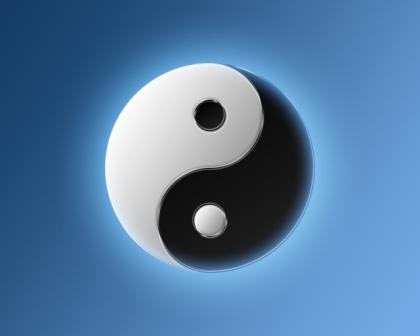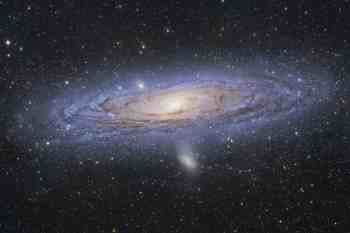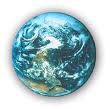|
|
||||||||||||||||||||||||||||||||||||||||||||
|
.
|
Definition: The energy symbol
Energy
is the potential of the universe(s). Energy
is all that is and all that could possibly be. Energy
is so bounteous it can usefully be considered a constant (It cannot be
created or destroyed.) and it continually transforms (The universe(s) is
constant change.) Energy is manifest in myriad transient forms, which exist for the period that the energy flows sustaining it remain relatively in balance. Examples:
Energy is paradox: energy is all forms and no form is energy. We deny reality (the universal change) when we symbolize a form or group of forms as energy.
When
we give each form a symbol according to its unique properties we are
better able to reflect reality and enjoy greater harmony with all. Any
form can be observed from many perspectives, including its thermal,
gravitational, electromagnetic, kinetic, chemical and other potentials. Human
beings are integral to the universal flux and are mortal beings. Thus we
live in uncertainly and cannot know the full potential. Our act of
observing affects the observed in ways we cannot know. In
any moment only a trace amount of the potential is actualized or
realized. The vast bulk of the incredibly bounteous possibilities remain
unrealized. We are each sentient of only a trace amount that of that
which is realized. Our awareness of the possibilities affects how the potential is manifest. In other words our thoughts and feelings are actions within the universal flux of potential actions.Example:
In
summary Energy is the potential of the universe(s) and is manifest in myriad forms. Give each form its own symbol so it can be more fully known. Do this and our children can better know the bounteous nature of energy and enjoy the vitality of its transformations. Symbol origins *[French
Únergie,
from Late Latin energ
*[Middle
English potencial,
from Old French potenciel,
from Late Latin potenti
Page last updated: July 2010
|
. |
||||||||||||||||||||||||||||||||||||||||||
| . | ||||||||||||||||||||||||||||||||||||||||||||
| . | ||||||||||||||||||||||||||||||||||||||||||||





